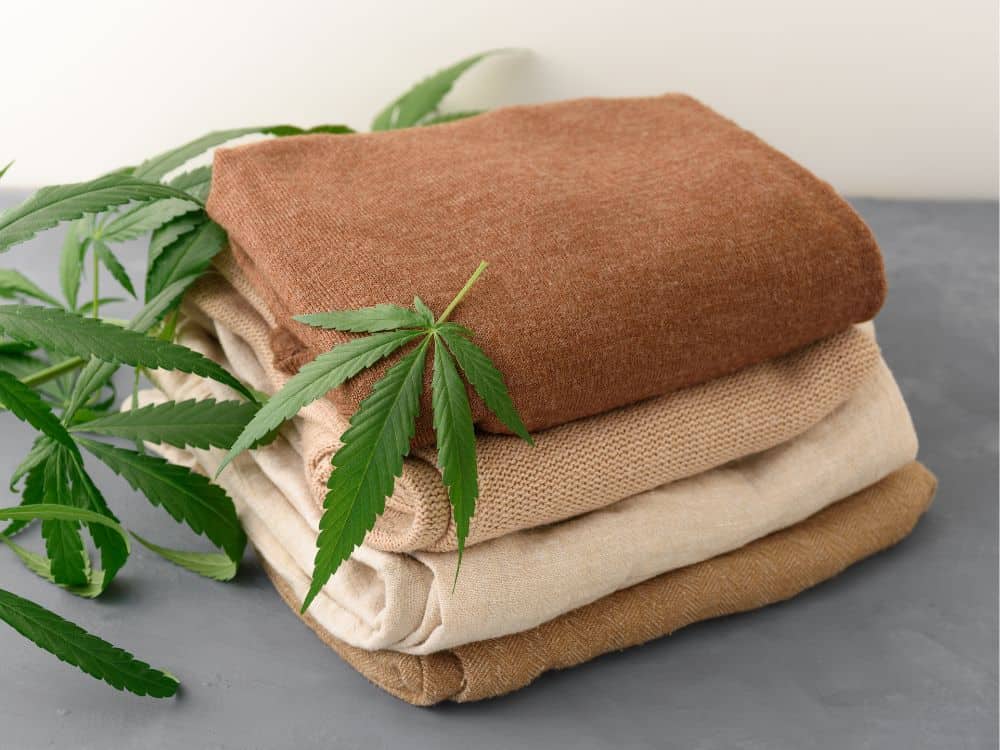Good Suggestions To Picking Bamboo Clothes
Wiki Article
What Makes Hemp More Sustainable Than Cotton In Terms Of Water Use And Pesticides?
The hemp plant is considered to be more environmentally sustainable than cotton in terms of pesticides, herbicides and water usage, among others.
Hemp The needs for water in Hemp are relatively low compared with other crops such as cotton. Hemp is thought to be a plant that thrives with minimal irrigation. In some regions, hemp can be grown with rainwater only. This makes it an efficient water choice.
Cotton- Conventional combed cotton is renowned for its high water usage. Cotton farming requires massive irrigation, which drains local water supplies and leads to water scarcity in water-stressed regions. Cotton farming has been criticized due to its high water use.
Pesticides and herbicides
Hemp - The hemp's natural resistance to a variety of insects, diseases, and weeds reduces the use of synthetic pesticides. Some hemp crops might require some pest control measures. However, the overall use of chemical inputs for various crops is less like cotton. Organic hemp cultivation can be almost non-pesticide.
Cotton- The conventional cotton farming relies on pesticides and synthetic herbicides for weed and pest control. These chemicals can cause harm on the environment. This includes soil and water contamination as well as harming non-targeted animals and pesticide resistance.
In the end hemp is considered to be a more sustainable crop than cotton when it comes to water usage, pesticides, and herbicides-
Hemp is a plant which requires less water than other crops and can be cultivated without the need for irrigation or rain.
The natural resistance of hemp to pests eliminates the need for synthetic pesticides.
Hemp production requires less synthetic pesticides when compared with cotton.
It is important to remember that the practices used to sustain agriculture and environmental protection can vary from one region or cultivator to another. Organic farming practices also enhance sustainability by decreasing the usage of synthetic chemical and improving soil quality. Regarding the environmental impact on clothing and textiles choosing sustainable and organic fabrics can help minimize the environmental footprint. Take a look at the best hemp clothing for website tips including hemp dress, hemp fabric clothing, womens hemp clothing, hemp yoga pants, wholesale hemp fabric, hemp pants mens, hemp cotton fabric, patagonia hemp pants, afends jesse dress, mens hemp trousers and more.

What Are The Practical And Technical Advantages Of Hemp Clothing Over Conventional Fibres?
Hemp clothing offers a variety of technical and functional benefits over traditional textiles. It's also eco sustainable. Hemp clothing has numerous advantages that make it an excellent green and high-performance alternative.
Hemp fibers are extremely air-tight and moisture-wicking, which makes hemp clothing comfortable to wear in all kinds of weather. They help keep you cool and dry, and stop the growth of bacterial.
Temperature Regulation
Hemp clothing has great thermoregulating properties. It can keep your body warm in cold temperatures by capturing heat near to your body. It also helps keep you cool during hot weather by allowing heat and water to go away. Being able to control your body temperature naturally will help you not have to change clothes often.
Durability and Longevity-
Hemp fibres are known for the durability. Hemp clothing tends to be more durable and resistant wear and tear as compared to some traditional fibers like cotton. This makes hemp clothing will last longer, reducing the need for replacements and, consequently the environmental impact.
UV Protection-
Hemp fibers are a natural UV shield, protecting the skin from damaging UV radiation. This benefit is especially useful for outdoor sports and activities.
Biodegradability:
Hemp clothing is biodegradable, meaning it will break down naturally over time when disposed of. The environmental impact of textiles is diminished by this property, as opposed synthetic fibers that can be buried for long periods of time.
Low Environmental Impact
Hemp cultivation requires less synthetic pesticides as compared to cotton. It also requires less water, which makes it a greener option. The ecological benefits of hemp cultivation that is organic are further enhanced.
Carbon Sequestration
Hemp plants have the ability to capture carbon dioxide in the atmosphere while they grow. This means that hemp cultivation can act as a carbon sink, helping in reducing greenhouse gas levels.
Crop rotation and sustainability-
Hemp is a great crop that can be incorporated into crop rotations. It enhances soil health and lowers the risk of disease. This practice of sustainable farming helps to reduce its environmental impact.
Versatility:
Hemp fibers can be mixed with other materials, such as organic polyester or recycled cotton, to make eco-friendly and high-performance fabric blends. This flexibility allows the creation of new and sustainable textile products.
Low Toxicity
Hemp fibers are naturally low in toxicity. They do not require extensive chemical processing during production, which reduces the environmental impact of production of textiles.
The overall sustainability of clothing depends on numerous factors, such as dyeing, transportation and ethical working practices. To make sustainable choices consumers should seek out brands that focus on sustainability integrity, transparency, and ethical manufacturing practices while using hemp and other sustainable fibers in their designs. Take a look at the recommended additional resources on hemp clothes for site examples including womens hemp clothing, hemp t shirt mens, hoodlamb coat, hemp cotton fabric, hemp bathing suit, hemp pants womens, hemp baja hoodie, t shirt hemp, hemp pants mens, hemp long sleeve shirt and more.

Bamboo Clothing Is Sustainable And Comfortable.
Bamboo clothing has many advantages in terms of environmental sustainability and comfort.
Softness- Bamboo is known for its incredibly soft. It's smooth and soft to the feel. Bamboo clothing has a silky soft texture that makes it popular for intimate wear as well as activewear and loungewear.
Breathability Bamboo fibers naturally breathe and help to wick away moisture. Micro-gaps permit air circulation, which keeps you cool in hot weather. The moisture-wicking properties help remove sweat from your body, decreasing dampness.
Bamboo clothing is a great option to regulate temperature. It can keep you warmer in colder weather by keeping warmth close to your skin. In hot weather it will help you stay cooler by allowing the excess heat and moisture to escape. Because bamboo is able to adapt to a range of temperatures, it's perfect for all seasons.
Hypoallergenic Bamboo fabric is hypoallergenic and gentle for skin that is sensitive. It's less likely to trigger an allergic reaction or cause irritation. This makes it an ideal choice for those with skin sensitivities and allergies.
Bamboo fibers naturally have antimicrobial properties and will stop the development of bacteria which cause odor. Bamboo clothing retains its freshness even when physically active.
Environment-
Sustainability- Bamboo is an eco-friendly and renewable resource. Bamboo is one of the fastest growing plants on the planet. It requires very little water, and doesn't require pesticides or herbicides to cultivate. Bamboo is able to be harvested without injury to the plant because its roots regenerate.
Bamboo is naturally water efficient. It can survive with little water and grow using only rainwater.
Biodegradability- Bamboo clothing is decomposes in a natural manner after it is thrown away. This feature helps reduce the amount of non-biodegradable textiles that end up in the garbage dumps.
Carbon Sequestration Bamboo plant absorb carbon dioxide (CO2) when they grow rapidly. In turn, bamboo cultivation is a carbon sink, helping to combat climate changes by reducing greenhouse gas emissions.
Chemical Reduction. The production of bamboo fabric typically requires less chemical treatment and processing than other textiles. As a result, the textile industry has smaller environmental footprint.
Closed-Loop Production- A few bamboo fabric production processes use closed loop systems, which reuse and recycle water and chemicals, minimizing the amount of waste and pollution.
It is important to remember that the environmental impact can vary depending upon the manufacturing process, and whether or not the bamboo used for manufacturing was sourced from sustainably managed and ethically managed bamboo forests. Bamboo clothing made using sustainable practices will bring the greatest environmental benefit. Have a look at the top bamboo clothes for site advice including bamboo long sleeve shirt, bamboo tee shirts women, bamboo pants womens, bamboo jeans ross, clothes made from bamboo, bamboo dress socks, bamboo clothing brand, organic bamboo pajamas, bamboo cay shirts christmas, bamboo button down shirts and more.
